A statement by AT&T says the company will take a pretax charge of $4 billion that was stipulated in the agreement between the two carriers if the deal were dropped before being finalized.
In addition to the payoff, T-Mobile patent company Deutsche Telekom is also entering into what AT&T described as "mutually beneficial" roaming agreements with its attempted buyer.
"The actions by the Federal Communications Commission and the Department of Justice to block this transaction do not change the realities of the U.S. wireless industry," AT&T stated. "It is one of the most fiercely competitive industries in the world, with a mounting need for more spectrum that has not diminished and must be addressed immediately. The AT&T and T-Mobile USA combination would have offered an interim solution to this spectrum shortage. In the absence of such steps, customers will be harmed and needed investment will be stifled."
The merger was opposed throughout the year by the US FCC and the DOJ, both of whom cited limited competition and job layoffs as reasons for opposing the deal.
AT&T's chairman and chief executive Randall Stephenson wrote that "to meet the needs of our customers, we will continue to invest. However, adding capacity to meet these needs will require policymakers to do two things.
"First, in the near term, they should allow the free markets to work so that additional spectrum is available to meet the immediate needs of the U.S. wireless industry, including expeditiously approving our acquisition of unused Qualcomm spectrum currently pending before the FCC. Second, policymakers should enact legislation to meet our nation’s longer-term spectrum needs."
It is not known if the new roaming agreement between T-Mobile and AT&T would enable Apple to sell its existing iPhone models to T-Mobile, or if it would still need to develop a unique version of the iPhone to sell on the carrier, which uses a different AWS band for 3G service than the rest of the GSM/UMTS world.
 Daniel Eran Dilger
Daniel Eran Dilger







 Malcolm Owen
Malcolm Owen
 William Gallagher
William Gallagher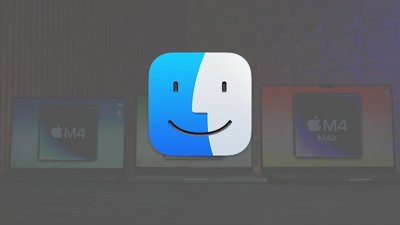
 Chip Loder
Chip Loder
 Brian Patterson
Brian Patterson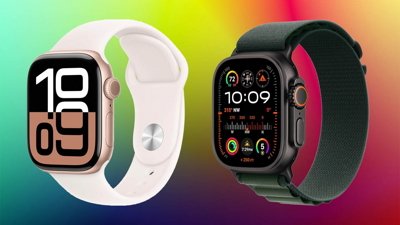
 Christine McKee
Christine McKee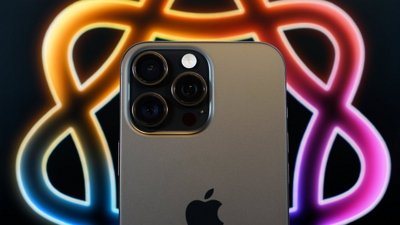
 Wesley Hilliard
Wesley Hilliard
 Amber Neely
Amber Neely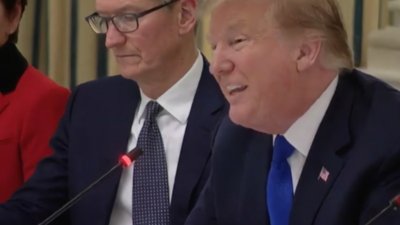
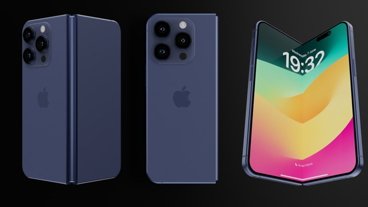
-m.jpg)






44 Comments
Good.
And customers.
As much as people have resisted the acquisition, DT was the one selling the business unit. You have to question what they will do with a money losing business? I would bet that without a friendly acquisition by someone else, chances are good that they'll go away - which doesn't help consumer choice at all.
Maybe it will be good to get rid of them and let ATT just buy up their bandwidth.
As much as people have resisted the acquisition, DT was the one selling the business unit. You have to question what they will do with a money losing business? I would bet that without a friendly acquisition by someone else, chances are good that they'll go away - which doesn't help consumer choice at all.
Maybe it will be good to get rid of them and let ATT just buy up their bandwidth.
Maybe T-Mobile can put some of the money from AT&T into building up their own infrastructure. The U.S. needs more mobile competition, not less.
T-Mobile will start auctioning off its spectrum to cover it's losses.